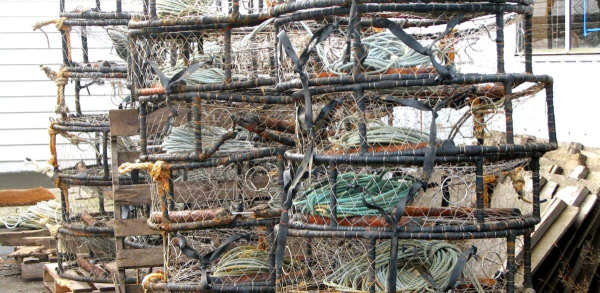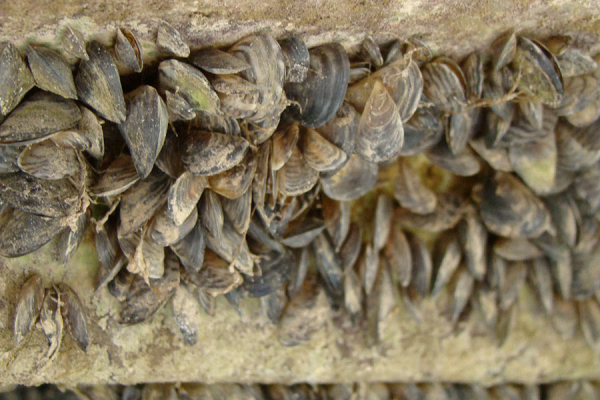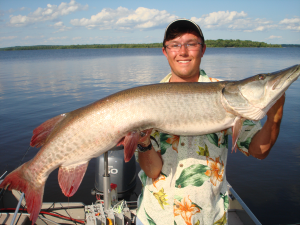NFWF Announces More Than $640,000 in Grants to Reduce the Impacts of Derelict Fishing Gear

Grants from the Fishing for Energy program will support innovation and comprehensive management of derelict fishing gear to protect and restore the quality of marine and coastal habitats
WASHINGTON, D.C. – The National Fish and Wildlife Foundation (NFWF) today announced $643,500 in grants to support strategies that reduce the impacts of derelict fishing gear to marine and coastal environments and navigational safety in Alaska, Florida, Maine and Washington. The grants will generate $226,500 in matching contributions for a total conservation impact of $870,000.
The projects supported by the four grants will result in fishing gear innovations and comprehensive management techniques that prevent the negative impacts of derelict gear on the environment, and decrease the threats it poses to key species. This work supports the management of derelict fishing gear that results in a continuing and long-term plan and efforts for dealing with the gear.
The grants were awarded through the Fishing for Energy program, a partnership between NFWF, Covanta, and the National Oceanic and Atmospheric Administration’s (NOAA) Marine Debris Program. This year, additional funding was provided by Shell Oil Company and through community service funds arising from a federal environmental prosecution. Read more




